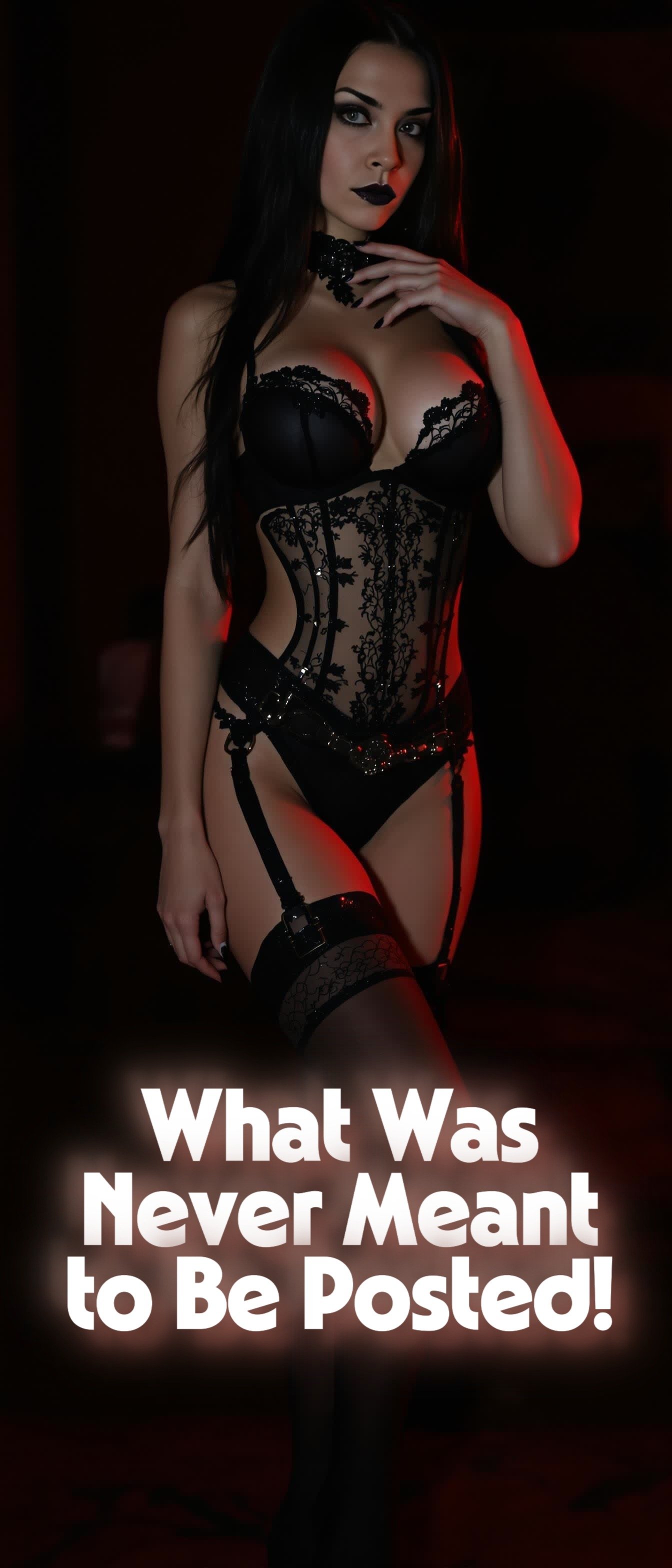Black metal, the chaotic sonic underworld that often sounds like the end of the world itself, is a genre that revels in its dark, defiant nature. Born out of raw rebellion and anti-establishment fury, it’s no surprise that its aesthetic and message have been co-opted by some of the most disturbing corners of society. But here’s the question that no one really dares to ask in the metal scene: Has black metal been a breeding ground for extremist ideologies? Or, to put it more bluntly, is the genre complicit in attracting some of the most radical—and frankly dangerous—elements of society?
Spoiler alert: the answer is yes, and no. Black metal isn’t inherently extremist, but the culture surrounding it has undeniably flirted with, and at times outright embraced, radical ideologies, feeding off a dangerous cocktail of nihilism, elitism, and rage. You might love the music, but let’s not pretend the scene has been untouched by the fetid hands of extremist thought. Let’s dig deep into this.

The Dark Roots of Black Metal: An Atmosphere of Rebellion
Let’s start with what makes black metal black. Musically, it’s characterized by shrieking vocals, tremolo picking, blast beats, and a cold, often eerie atmosphere. But that’s just scratching the surface. The real essence of black metal lies in its underlying philosophy—an aggressive rejection of mainstream norms, organized religion (especially Christianity), and a deep-seated desire to tear down societal structures. It’s chaos, disorder, and a rebellion against everything “normal.”
This anti-establishment DNA is what makes black metal so damn intoxicating, but it’s also what makes it a magnet for those looking to radicalize its message. Extremism, by its very nature, thrives in rebellion. And when black metal spits on societal values, it’s waving a red flag to anyone with a penchant for violent ideologies.
And while most black metal fans are just that—fans of the music—there’s no denying that certain elements of the genre have aligned themselves with more sinister movements. It’s not just about Satanism anymore (although that’s certainly still a thing), but about political extremism, racial purity, and militant anti-religious sentiment. Suddenly, black metal’s original ethos of rebellion becomes something much darker.

From Anti-Christianity to Extremism: The Thin Line
Anyone with a passing knowledge of black metal knows about its disdain for Christianity. Hell, burning churches became a sort of baptism by fire in the early Norwegian scene, with figures like Varg Vikernes of Burzum fame taking things to a whole new level of insanity. But here’s where things get twisted: what started as a symbolic rejection of Christianity and organized religion has, in some cases, evolved into an outright endorsement of extremist ideologies.
Black metal’s anti-Christian stance opened the door to an even wider rejection of modernity, leading some bands and fans to embrace nationalist, far-right, and even fascist ideologies. Let’s not beat around the bush: NSBM (National Socialist Black Metal) exists, and it’s not some obscure subgenre. There are bands and whole scenes that have used black metal’s themes of elitism, hatred, and darkness to promote horrifyingly radical ideas—ideas that go beyond simply hating organized religion.
Now, before the purists start screaming, I’ll say this—not all black metal is fascist, and most of it has nothing to do with these ideologies. But those factions are out there, lurking in the shadows, and they’re using the genre’s raw, rebellious spirit as a vehicle for something far more dangerous. The message here? Just because black metal can be extreme doesn’t mean it has to be a breeding ground for extremism. But for some, the genre’s nihilism and elitism have crossed that line.

NSBM: The Ugly Truth We Can’t Ignore
Let’s rip the band-aid off. National Socialist Black Metal (NSBM) is a thing, and ignoring it or pretending it doesn’t exist does a disservice to the entire scene. Bands like Graveland, Absurd, and Nokturnal Mortum have been tied to white nationalist movements, and their music reflects a grotesque fusion of black metal’s grim aesthetic with fascist ideology. It’s sickening, honestly.
And let’s not forget the so-called “Pagan metal” or “folk black metal” scenes that have also been used as platforms for nationalist, neo-Nazi, and anti-Semitic ideas. What’s even more twisted is that these bands aren’t always underground; they sometimes have sizable followings, with fans who either don’t care about the message or are outright complicit in promoting it.
Black metal’s inherent elitism—a belief in separating the “true” from the “false,” the “worthy” from the “unworthy”—fits disturbingly well with extremist ideology. It’s a match made in hell, and while most black metal fans are here for the music and the atmosphere, we can’t ignore the extremists who are using our scene to push their agenda.

The Role of Social Media in Amplifying Extremist Ideologies in Black Metal
And here’s the kicker—this extremist element has grown legs thanks to social media. Where once these ideas were confined to the fringes, now they have access to wider audiences, and the internet allows these factions to recruit new followers, spread propaganda, and even sell their music. YouTube, Facebook, and niche forums are rife with NSBM groups and ideologues masquerading under the guise of “traditionalist” black metal.
Even worse? Some of these bands are platformed on mainstream music streaming services. So when you’re curating your “grim as hell” black metal playlist on Spotify, don’t be surprised if the algorithm throws in a little dose of fascism for you to enjoy with your blast beats. The same goes for platforms like Bandcamp and even YouTube. Extremist content slips through the cracks, because, let’s face it, these platforms don’t give a damn as long as it doesn’t make the front page of the New York Times.

Why the Black Metal Scene Needs to Clean House
If you’re a real black metal fan, you’ve got to ask yourself where you stand on this. The genre is supposed to be about rebellion, but when does that rebellion start to rot into something more sinister? Are we just going to sit by while extremists use the scene as a way to spread their hate, or are we going to call this out for what it is? Some bands have already started to take a stand against the infiltration of extremist ideologies, and more need to follow suit.
There’s no room for fascism in black metal, just like there’s no room for extremism in any subculture. The scene is about breaking down walls, not building them up. It’s about rejecting the status quo, not promoting a new, more violent one. If black metal really is about ultimate freedom, then it’s time to expel the elements that want to cage us in with hateful ideologies.

Conclusion: Extremism in Black Metal—A Necessary Evil?
Is black metal complicit in promoting extremist ideologies? The answer is complicated. The genre’s raw, rebellious nature has attracted radicals of all kinds, but it’s also been a beacon for misfits, outcasts, and artists who want to tear down societal norms. We can’t pretend that extremist ideologies haven’t tried to latch onto black metal’s rebellious image, but we also can’t ignore the fact that these ideologies are antithetical to the very spirit of freedom that black metal claims to champion.
If we want to keep the scene alive and authentic, we’ve got to be vigilant. Call out the extremists when you see them, and don’t let black metal be co-opted by ideologies that run counter to the core of what the genre is supposed to be about: rebellion, freedom, and yes, darkness—but not hate.
For more thought-provoking content, check out my other articles at the home page.
Stay connected with me on all social platforms through my Social media.




